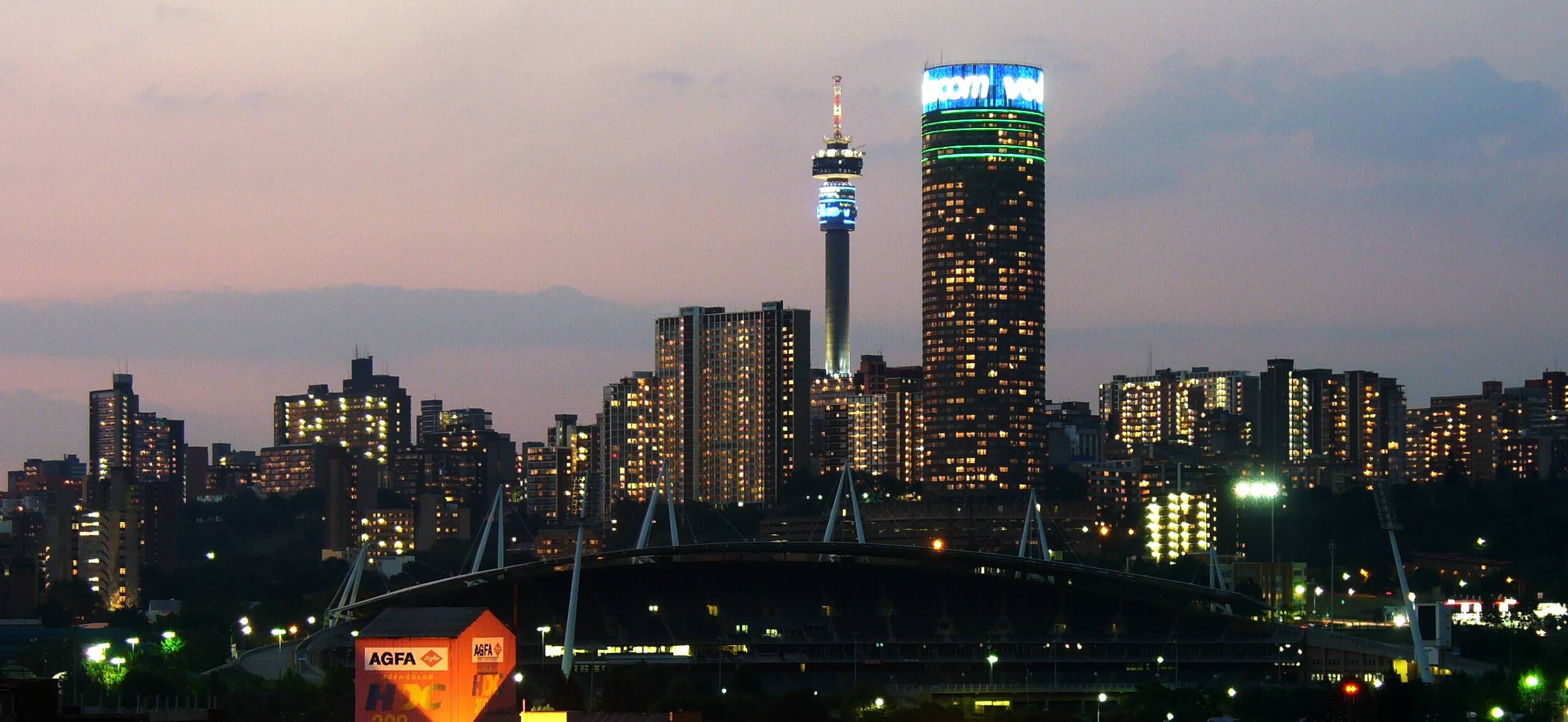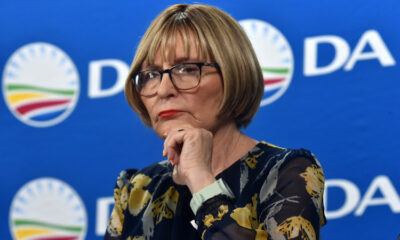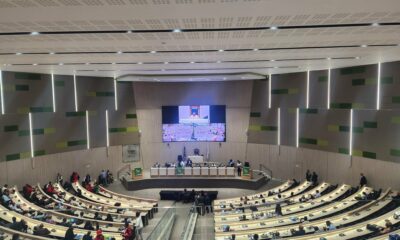News
DA Warns of ‘Debt Spiral’ as Joburg Approves R2.5bn AfDB Loan

City of Johannesburg signs off on major development bank loan DA says it’s just digging a deeper financial hole.
The City of Johannesburg has approved a long-term R2.5 billion loan from the African Development Bank (AfDB), a move the Democratic Alliance (DA) says will saddle the metro with debt it cannot afford and may be used to mask a looming budget crisis.
The 15-year amortising loan, which comes with an estimated total repayment cost of nearly R5 billion, was tabled and approved during a city council meeting on Wednesday. Quarterly repayments are expected to exceed R81 million, and the city must also pay a front-end fee of about R28.75 million before the deal is even signed.
A Loan Meant for Capital Projects Or a Bailout?
Officially, the funding is earmarked for capital expenditure projects across the city. But opposition parties, particularly the DA, are not convinced.
DA shadow finance MMC Chris Santana questioned the rationale behind the loan, claiming it’s less about infrastructure development and more about patching holes in the city’s balance sheet, especially ahead of a R2.8 billion loan from the Development Bank of Southern Africa (DBSA) that’s maturing at the end of June.
“We are stealing from Peter to pay Paul at this point,” Santana told council, calling the move fiscally reckless.
He added that Johannesburg’s revenue collection rate an indicator of how much the city is able to collect from ratepayers and businesses is falling short. It currently stands at 85%, below the budgeted 89%, weakening the city’s ability to cover its ballooning debt repayments.
“With this loan, our quarterly repayments across three major loans will top R400 million,” Santana warned. “That’s not sustainable for a city in a cash crunch.”
Free Grants Ignored, Debt Embraced?
Santana also took aim at what he called mismanagement of grant funding, accusing the city of returning unspent money to National Treasury funds that don’t need to be repaid.
“If we are sending back free money, why must we go loan money?” he asked pointedly, suggesting a deeper issue with how the city prioritises and executes its spending.
His comments echo broader concerns among opposition parties and fiscal watchdogs who have for years warned of Johannesburg’s increasingly strained finances, with repeated crises in electricity, water, and waste services amplifying frustration among residents.
Political Spin or Financial Strategy?
Supporters of the loan argue that accessing multilateral funding from institutions like the AfDB is a strategic step to unlock long-term development opportunities. And the council has built in a measure of flexibility: top city officials are now authorised to negotiate final loan terms and make changes to protect Johannesburg’s interests.
But critics are unconvinced this is about future growth.
Instead, they see a city limping from one financial lifeline to another, without a clear plan to reduce spending, improve revenue collection, or drive long-term sustainability.
Public Frustration and Lack of Trust
On social media, the reaction has been swift and cynical.
“R2.5 billion for what exactly? No water, potholes everywhere, and garbage piling up,” one X (formerly Twitter) user posted.
Others questioned the real benefit to residents. “Where’s the value? These loans get approved and nothing changes on the ground.”
Some financial analysts have also noted the lack of detailed disclosure on what capital projects the loan will actually fund, fuelling speculation that much of it could end up simply keeping the city’s day-to-day operations afloat.
Johannesburg’s finances have come under renewed scrutiny in recent years, with several budget deficits, frequent leadership changes, and strained service delivery.
As the city gears up for a new financial year, the approval of this loan may provide short-term breathing room—but at the risk of long-term indebtedness.
The R2.5 billion AfDB loan may offer a lifeline for Johannesburg’s capital projects, but critics warn it’s being used to cover poor financial management. With rising debt and shaky revenue, the DA believes the city is heading toward a full-blown municipal debt spiral.
{Source: IOL}
Follow Joburg ETC on Facebook, Twitter , TikTok and Instagram
For more News in Johannesburg, visit joburgetc.com

























